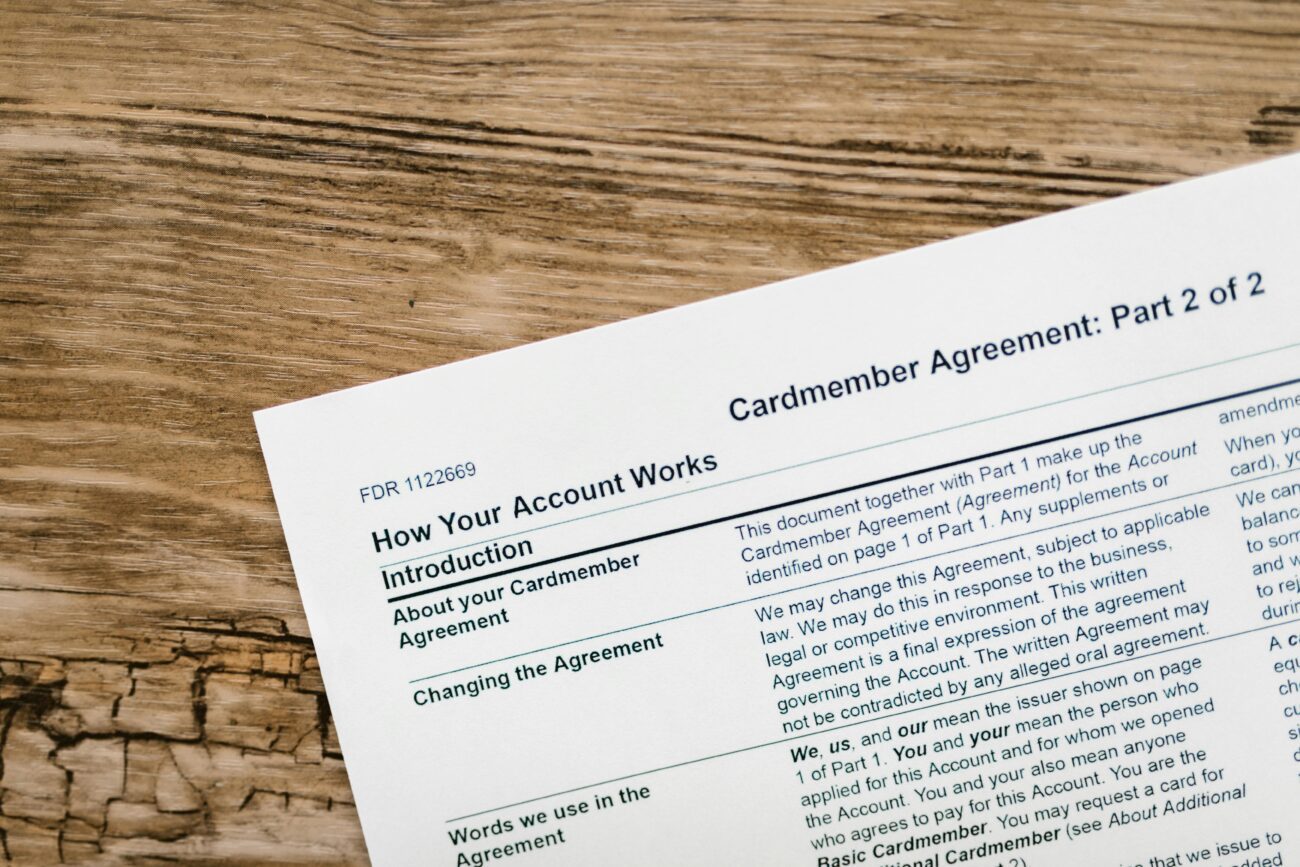If you’re a business owner or contractor, understanding the Certificate of Insurance (COI) for General Liability is crucial. This document not only protects your business but also reassures your clients and partners that you can cover potential claims for bodily injury or property damage. In this guide, we’ll break down what a COI is, why it matters, and how to get one, all in a clear and friendly manner.
What is a Certificate of Insurance?
A Certificate of Insurance is a document that verifies your insurance coverage, typically provided by your insurance agent or company. It outlines the types and limits of insurance you hold, ensuring stakeholders that you’re financially covered.
Key Components of a COI
- Insured Name: Your or your business’s name.
- Insurance Provider: The name of the insurance company providing coverage.
- Coverage Type: Types of insurance, such as General Liability, Professional Liability, etc.
- Policy Limits: Maximum amount your policy will pay for a claim.
- Effective Dates: Policy start and end dates.
- Additional Insured: Individuals or entities covered under the policy.
Why is a Certificate of Insurance Important?
A COI is vital for several reasons:
- Risk Mitigation: Protects you from potential claims.
- Client Assurance: Clients feel more secure when they know you are insured.
- Contractual Requirement: Many contracts require proof of insurance.
Do You Need a COI?
Whether you need a COI often depends on your industry. Here are a few sectors that generally require one:
- Construction
- Consulting Services
- Event Planning
How to Obtain a Certificate of Insurance
Getting a COI is a straightforward process:
- Contact Your Insurance Provider: Reach out to your insurance agent for assistance.
- Request the Certificate: Make a formal request for a COI, specifying any particular requirements your client may have.
- Review the Details: Ensure all information is accurate and meets your client’s needs.
Potential Costs Involved
The cost of obtaining a COI can vary based on your coverage and insurance provider. However, most insurers do not charge a fee for issuing a COI. It’s always wise to check with your provider for specific details.
Frequently Asked Questions
1. How long is a Certificate of Insurance valid for?
Your COI is usually valid as long as your insurance policy is active. Always check the effective dates listed on the document.
2. Can a COI be revoked?
Yes, if your insurance policy is canceled or expires, the COI becomes invalid. Always keep your insurance up to date!
3. What if I’m a subcontractor?
As a subcontractor, you should also obtain a COI that names the contractor as an additional insured to ensure everyone’s covered.
Understanding the significance of a Certificate of Insurance for General Liability can save you time, money, and stress. Always ensure you have up-to-date documentation to showcase to your clients. If you’re in need of coverage, don’t hesitate to contact a local insurance agent today!
